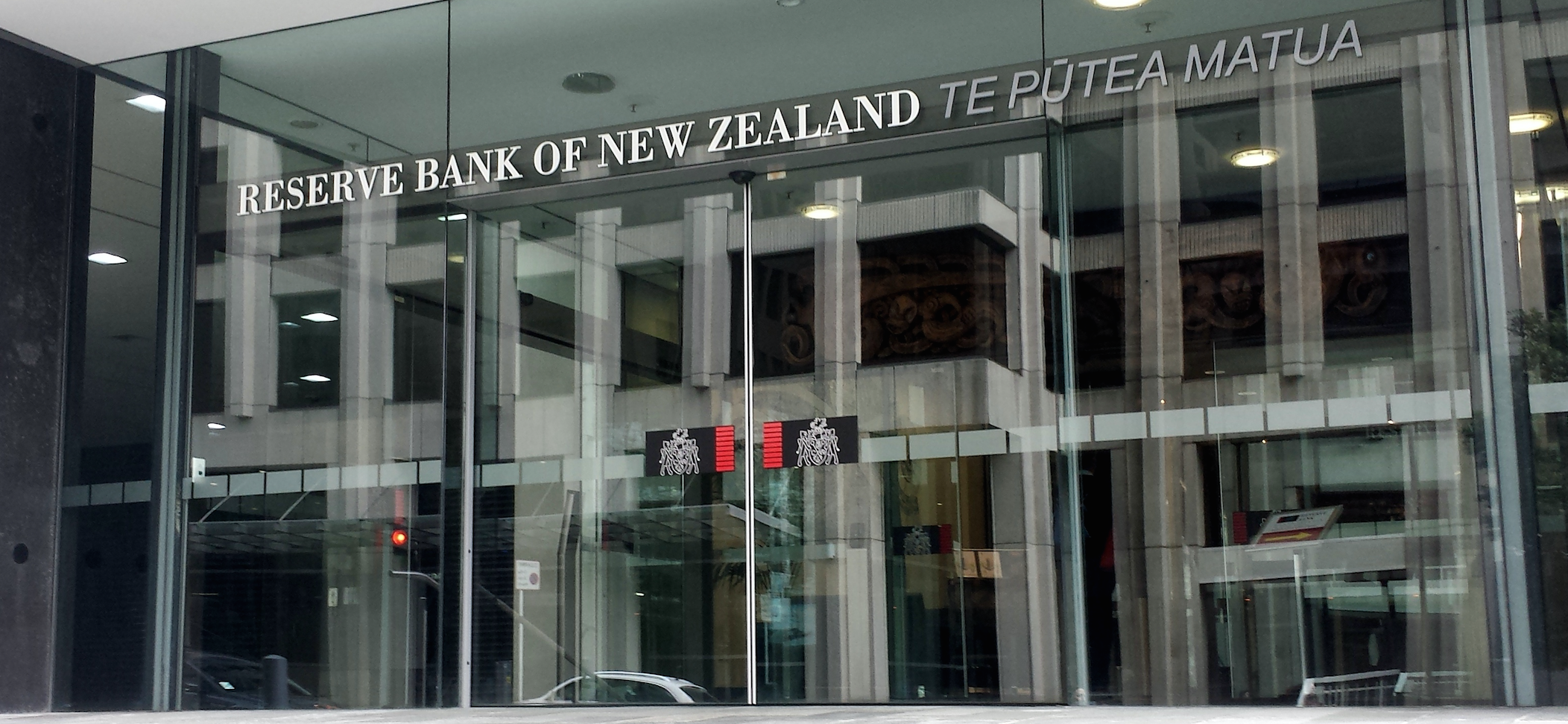On Tuesday, the Reserve Bank of New Zealand (RBNZ) delivered a stark economic outlook, highlighting rising unemployment and financial constraints that have prompted businesses to defer investment plans. In its semi-annual Financial Stability Report, the RBNZ noted that domestic economic struggles are intensifying, with global economic stagnation and elevated interest rates further dampening demand.
The report indicated that New Zealand’s economy faced significant headwinds, with weak business profitability and subdued demand exacerbated by lingering cost pressures. This challenging trade environment, coupled with slower global growth, has complicated financial stability for many firms. “Rising unemployment is starting to create acute financial difficulties for some households,” the RBNZ report stated, pointing to increasing hardship as the labor market softens.
Over recent years, New Zealand’s economic growth has fluctuated, occasionally dipping into negative territory. The RBNZ anticipates a contraction in the third quarter of 2024, following cash rate hikes aimed at curbing inflation. While inflation has shown signs of easing, rising unemployment and low consumer confidence continue to be areas of concern.
Since August, the RBNZ has reduced the official cash rate by 75 basis points, a move intended to stimulate demand, but the effects of these rate cuts have yet to fully materialize in the broader economy. Governor Adrian Orr expressed concern over this lag effect during a press briefing, stating, “You don’t want surprises or shocks to the downside during that period.”
Despite the economic difficulties, the central bank assured that New Zealand’s financial system remains stable. The RBNZ noted that although banks are preparing for a slight uptick in non-performing loans, this level remains below those observed in past recessions. Deputy Governor Christian Hawkesby emphasized that New Zealand banks are well-positioned to support both households and businesses through these economic challenges.


















